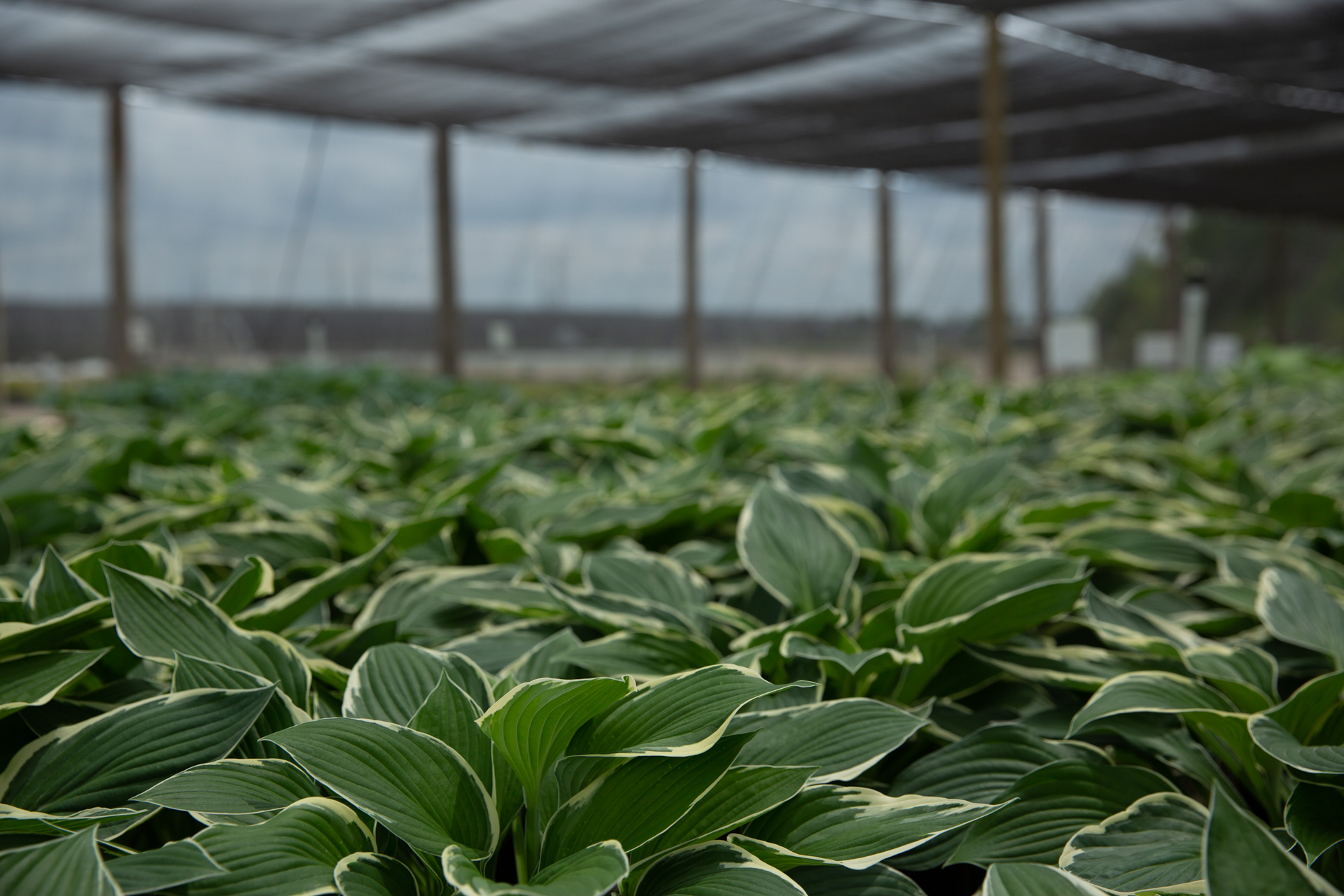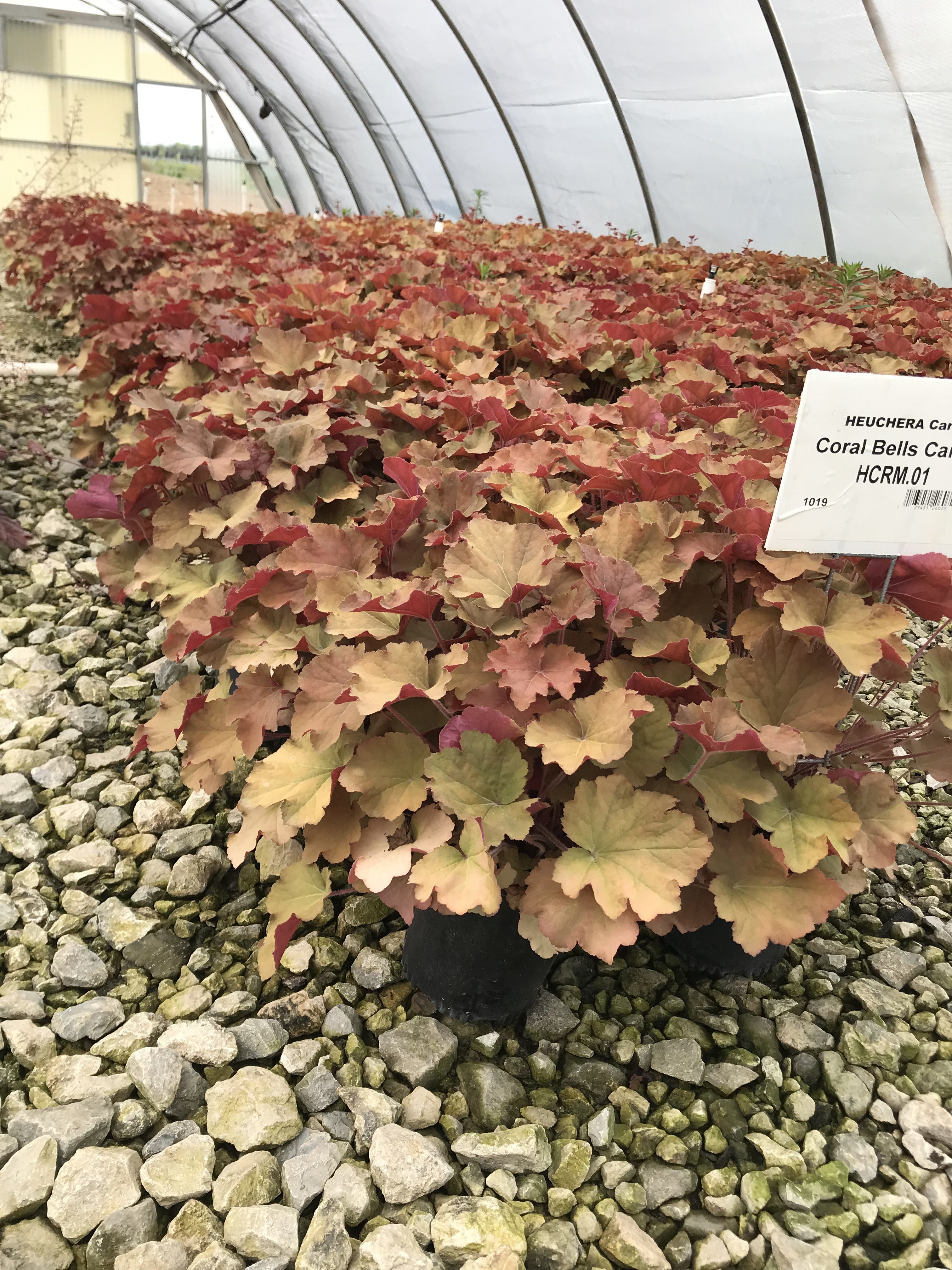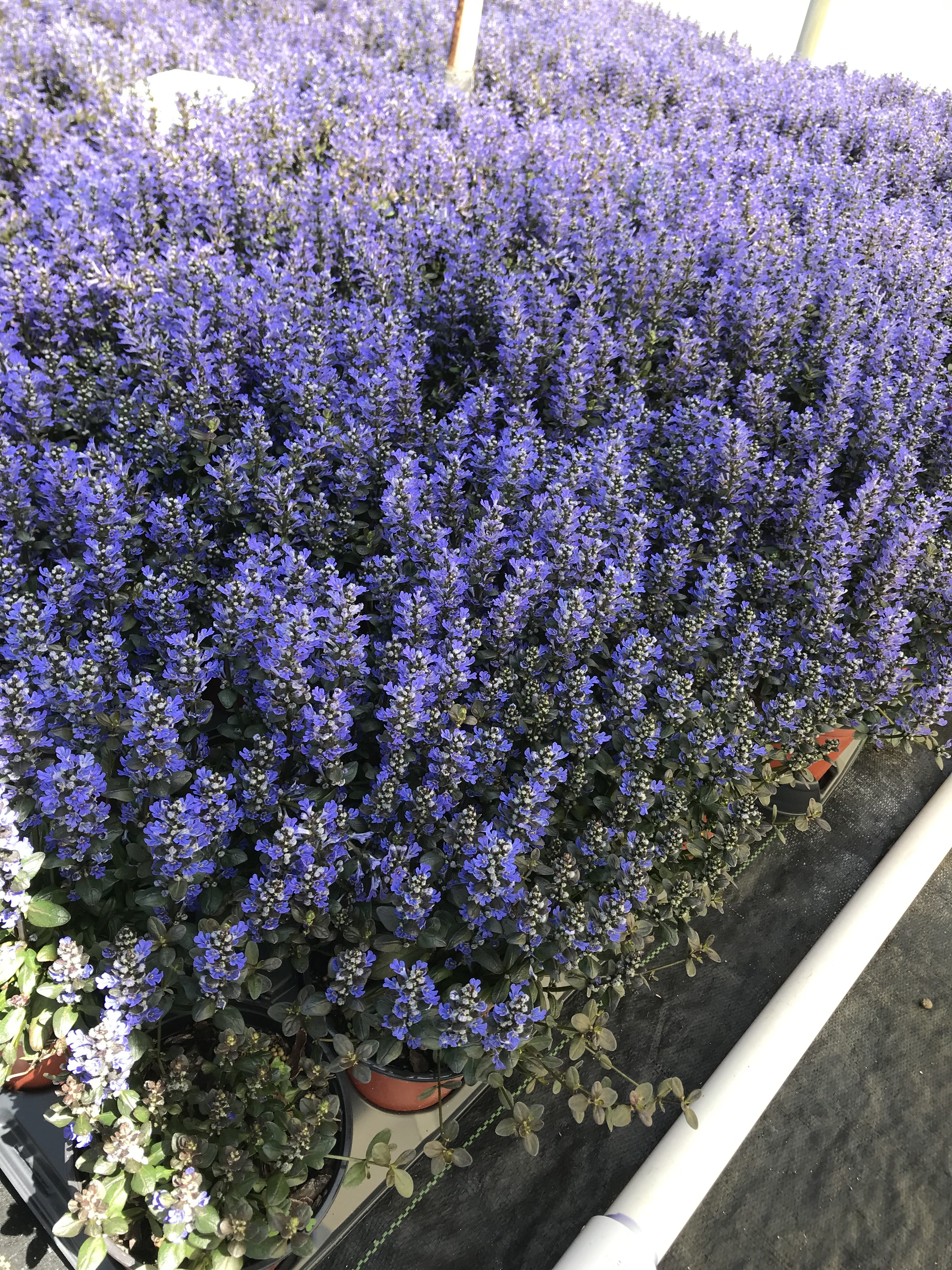Your yard or landscape most likely has areas or moments of shade created by your house, shed, fences, or trees. Shade areas are a great opportunity to grow certain variety of plants that do not require – or even like – full sun. If you are considering planting some shade plants, you need to know and consider a few things before adding plants to those areas.
Time the Sunlight and Shade
Different plants appreciate different amounts of shade and sun, so it is imperative that you know exactly how much of each a specific area gets during peak growing seasons. Some plants like shade all day while others like morning sun and afternoon shade. Once you figure out how the sun and shade affects each area, you can then research plants to add.

Hostas (above) are quintessential shade plants.
Know the Difference Between Types of Shade Plants
Full Shade: If a plant says full shade, you should be good to put in in a place that gets little to no direct sunlight. However, many of these plants will thrive if they get some sun until about 10 AM. If they get any more sun than that, the plants will get damaged and may die. Heuchera (Coral Bells) are an example of full-shade plants.
Partial Sun: Many plants are somewhat sun/shade tolerant; the question is can they take the afternoon sun? The sun is most intense in the afternoon, so some more sensitive plants may get scorched and fried if they receive too much direct sunlight during that time of day. The most optimum schedule for partial shade plants is to have full-sun in the morning until about noon or so and then have shade for the remainder of the day when it is hottest. If an area has shade in the morning and sun in the afternoon, the best remedy for that is to plant a tree or to provide a shade structure/feature. That way the plant still has access to the sun it needs, but the rays will be less intense because it will be filtered through tree branches or through lattice-work or a shade screen.

Heuchera aka Coral Bells (above) are one of our favorite shade plants.
Shade Tolerant: Just because a plant says it is shade tolerant, it does not mean you should necessarily plant it in the shade. Some plants will do fine in shade such as Tor Spirea, but it will just be a green blob and never bloom. This is not necessarily the case for all shade tolerant plants. For instance, Hydrangea Annabelle is a shade tolerant plant, but will also thrive in full sun. They will just be darker green in shade, but the blooms will not be affected. It is important to know when purchasing a plant that if it says full sun, that’s where it needs to be, and if it says sun/shade plant, it probably means morning sun and afternoon shade. Otherwise, it may affect some of the plant’s growth or flowering capabilities.
Shade Plant Maintenance
Shade areas need to be maintained more than sun areas. Because those spots get little to no direct sunlight, they are more prone to water problems such as mold, fungus, and diseases. To prevent such problems, water in the morning rather than at night, remove plant debris (leaves, branches, weeds) that builds up on the ground periodically, and create more airflow by properly pruning and trimming the plants each spring. Shade plants also need watered less frequently since there is less sun to evaporate and dry out the water, so it is better to just water them a time or two each week.
Some Shade Plants to Think About
Here are some of our favorite plants that like full shade or partial shade: Ajuga, Heuchera, Dicentra, Hosta, Brunnera, Astilbe, Ferns, Oakleaf Hydranges, Itea, Elderberry, and Ninebark.

Ajuga (above) is a small groundcover that thrives in shade.
Have Questions About Plants?
We may be a wholesale grower, but our staff are experts in the field. What’s more, is we love helping people learn more and understand more about plants. We grow healthy plants, and we want our plants (and any plants really) to be successful in the landscapes they are planted in. Feel free to email us at sales@lomavistanursery.com or call us at (785) 229-7200 if you ever have plant-related questions.
Connect with us!
Stay up-to-date on our plant recommendations, growing tips, and more by following us on social media.
